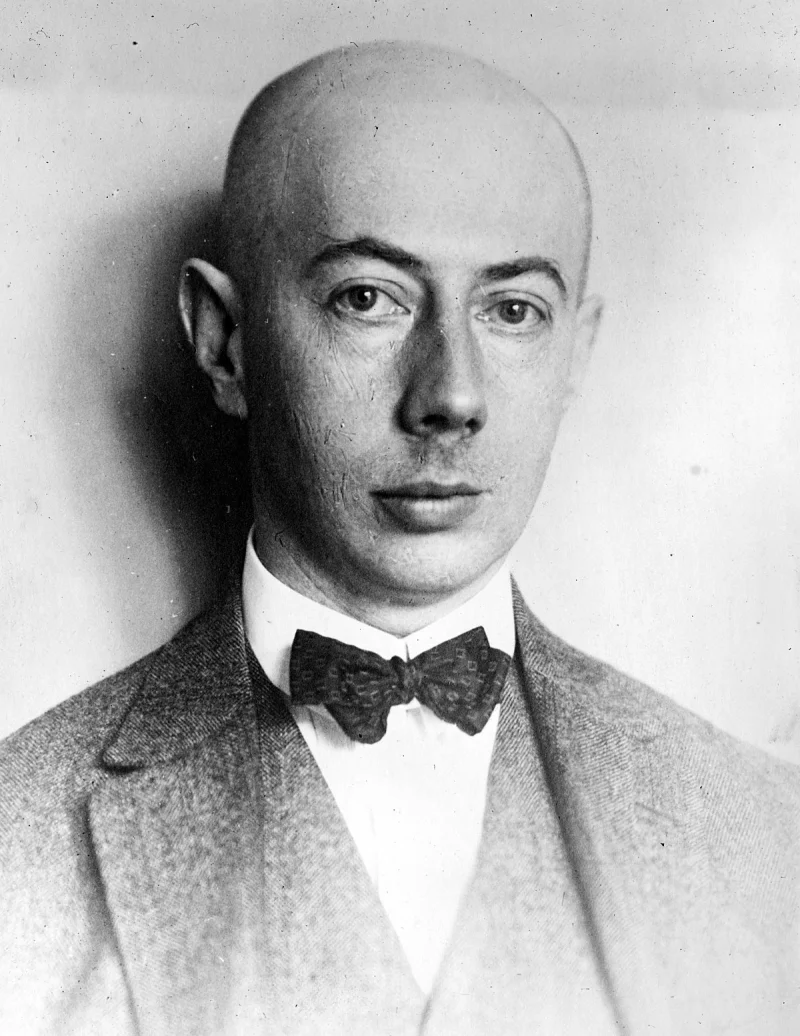Short Summary
Gustav Ludwig Hertz was a German physicist renowned for his groundbreaking work in atomic physics. He is best known for his experiments that provided evidence for the quantum theory, earning him the Nobel Prize in Physics in 1925 alongside James Franck. His contributions significantly advanced the understanding of electron behavior in atoms, influencing the development of quantum mechanics. Hertz's work continues to be celebrated for its profound impact on both theoretical and experimental physics.
Early Life & Education
Gustav Ludwig Hertz was born on July 22, 1887, in Hamburg, Germany, into a family with a strong scientific background, as his uncle was the famous physicist Heinrich Hertz. He pursued his education at the University of Göttingen and later at the University of Berlin, where he was influenced by prominent scientists such as Max Planck. Hertz completed his doctorate under Heinrich Rubens in 1911, focusing on the electrical conductivity of gases. His early academic environment, surrounded by leading figures in physics, profoundly shaped his intellectual pursuits and research direction.
Career Highlights
Hertz's career took a significant turn when he collaborated with James Franck at the University of Berlin. Their experiments on the inelastic collisions of electrons with atoms provided crucial evidence for Niels Bohr’s atomic model. During World War I, Hertz served in the military but returned to academia afterward, holding positions at various universities. He also worked in the industry, contributing to advancements in radio technology and gas discharge lamps. His academic and industrial roles showcased his versatility and ability to apply theoretical insights to practical technologies.
Major Achievements
- Received the Nobel Prize in Physics in 1925 for experiments confirming quantum theory.
- Developed the Franck-Hertz experiment, demonstrating quantized energy levels in atoms.
- Contributed to the understanding of electron collisions in gases, aiding quantum mechanics.
Famous Quotes
- "Physics is much too hard for physicists." This quote underscores the complexity of the field.
Interesting Facts
- His uncle, Heinrich Hertz, was a pioneering physicist after whom the unit of frequency is named.
- He served as a professor in both Germany and the Soviet Union, reflecting his broad scientific influence.
- Hertz contributed to the development of neon lamps during his industrial career.
Legacy / Influence
Gustav Hertz's experiments were pivotal in confirming quantum theory, solidifying the foundation of modern atomic physics. His work not only contributed to the theoretical framework of quantum mechanics but also had practical applications in technology. Hertz's legacy continues to influence physicists and researchers exploring the fundamental principles of matter and energy.
FAQ
Q: Why is Gustav Hertz famous?
A: He is famous for his experiments that confirmed quantum theory, earning him the Nobel Prize in Physics in 1925.
Q: What was the Franck-Hertz experiment?
A: It was an experiment that demonstrated quantized energy levels in atoms, supporting Niels Bohr’s atomic model.
Q: How did Gustav Hertz contribute to technology?
A: He worked on the development of radio technology and gas discharge lamps during his industrial career.












